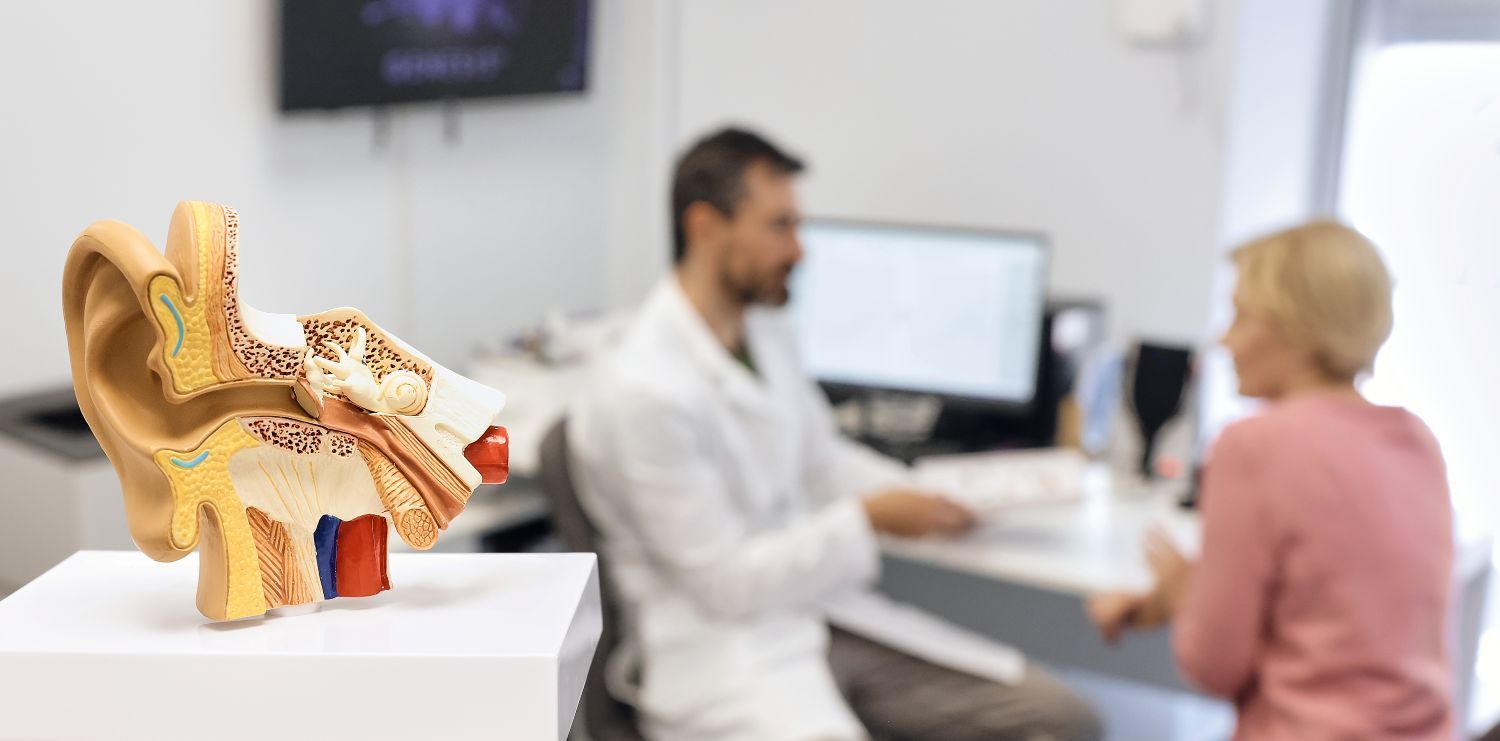What to Expect During Sinus Tumor Surgery
Sinus tumor surgery can be a daunting prospect for anyone facing it. Whether it's a benign growth or something more serious, understanding the procedure, recovery, and what to expect can help ease anxiety and prepare you for the process ahead.
What Is Sinus Tumor Surgery?
Sinus tumors can develop in the nasal cavity or the sinuses, which are air-filled spaces in the skull that connect to the nose. Surgery is often recommended to remove the tumor and prevent it from causing further complications. The exact nature of the surgery depends on the location, size, and type of tumor and whether it has spread.
Pre-Surgery Preparation
Before the surgery, your doctor will conduct thorough tests to assess your condition. This may include a physical examination, imaging tests such as CT scans or MRIs, and sometimes a biopsy to determine the exact nature of the tumor. Based on the results, your surgical team will discuss the best approach for your specific case.
It’s important to follow pre-surgery instructions, which may include fasting for several hours before the operation and stopping certain medications to prevent complications. Your healthcare team will give you specific guidelines to ensure a smooth surgery.
The Procedure
Sinus tumor surgery typically involves either traditional or minimally invasive methods, depending on the tumor's location. In most cases, the procedure is performed under general anesthesia, meaning you will be asleep throughout. The surgeon will access the tumor through the nose or a small incision near the nose, using advanced tools like an endoscope to remove the tumor carefully.
If the tumor is deep or large, a more complex surgical approach might be necessary. Your surgeon will work closely with a team of specialists to ensure the best outcome. The surgery itself can last anywhere from a few hours to several hours, depending on the complexity of the tumor removal.
Post-Surgery Recovery
After the surgery, you will be monitored closely in a recovery room as the anesthesia wears off. Most patients can go home the same day or the following day, depending on the surgery's complexity. You may experience some discomfort, such as a stuffy nose, swelling, and mild pain. Your doctor will prescribe medications to manage these symptoms and prevent infection.
During the first few days of recovery, it’s important to rest and follow the post-surgery instructions carefully. This may include avoiding heavy lifting, not blowing your nose, and keeping your head elevated while sleeping to reduce swelling. You may also need to attend follow-up appointments for proper healing and address any concerns.
Potential Risks and Complications
As with any surgery, sinus tumor surgery carries some risks. These may include infection, bleeding, or damage to surrounding structures like the eyes or brain. However, serious complications are rare, and your surgical team will take every precaution to minimize risks.
You must contact your doctor immediately if you experience any unusual symptoms during recovery, such as persistent bleeding, fever, or worsening pain.
Final Thoughts
Sinus tumor surgery is a critical procedure that can greatly improve your quality of life by removing harmful growths. With proper preparation, expert care, and a clear understanding of the process, you can approach the surgery confidently. Always follow your doctor’s instructions, and reach out to them with any concerns for a smooth and successful recovery.
If you're experiencing sinus issues or need expert care for a sinus tumor, our team of skilled specialists at the ENT Medical and Surgical Group is here to help. We provide comprehensive diagnosis and personalized treatment plans for the best possible outcomes. Contact us to schedule your consultation.













